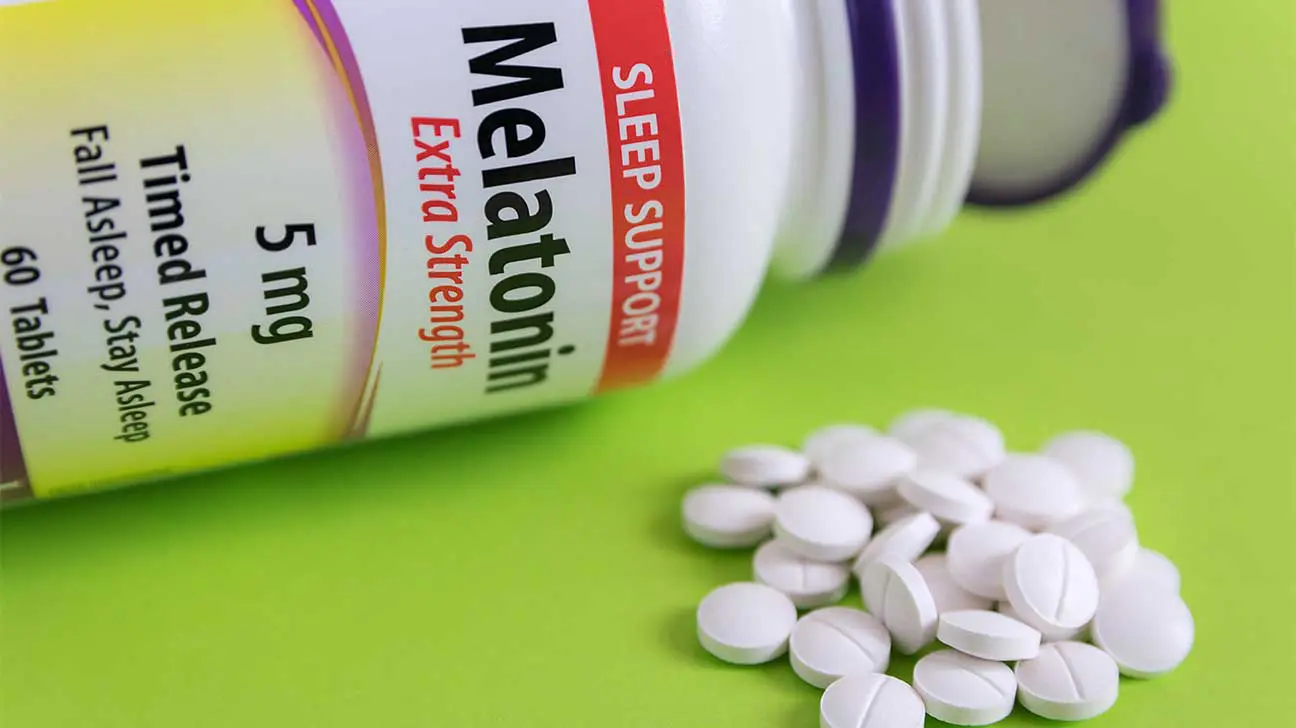
Melatonin is a neurohormone that is secreted by the pineal gland. Naturally occurring in the body, it helps to regulate sleep and circadian rhythms with daytime and nighttime cycles.
You can also purchase melatonin over-the-counter to help with sleep and to ease withdrawal symptoms from nicotine and benzodiazepines. Some people snort melatonin to intensify its effects.
Why Would A Person Snort Melatonin?
People might snort melatonin if they were using it to treat anxiety, depression, or symptoms associated with benzodiazepine withdrawal symptoms and detoxification.
People often believe that snorting a drug creates faster uptake and more intense effects. This is generally true for some drugs which can be absorbed through the nasal passage ways.
However, snorting melatonin is harmful to the body and has not been proven to increase the substance’s effects. It is most effectively taken sublingually or in pill form.
People who decide to snort melatonin may take it in conjunction with other sedatives or central nervous system depressants, which can have dangerous results.
Effects Of Snorting Crushed Up Melatonin Pills
Snorting melatonin, in addition to being an ineffective method of intake, may produce very unpleasant physical effects due to the introduction of foreign substances into the nasal cavity.
Physical side effects of snorting crushed up melatonin may include:
- trouble swallowing
- throat damage
- ear pain
- facial swelling and pain
- nose bleeds
- damage to the nasal cavity and septum
- damage to nasal passages
- nasal congestion
- constantly runny nose
- oral ulcers
- trouble speaking
Is Melatonin Addictive?
Melatonin is not known to be addictive or cause dependence or withdrawal symptoms. This is why it is considered preferable to many prescription sleep aids.
People regard melatonin positively because there are very few negative effects when used appropriately, especially since it doesn’t tend to create tolerance or a sleep “hangover” in people.
While melatonin can be used safely in a regulated manner, the Food and Drug Administration (FDA) does not regulate these pills as strenuously as over-the-counter medications.
Melatonin use, especially as a self-medication or recreational substance, can still have negative side effects and be dangerous if used to intensify other drugs.
Getting Help For Drug Addiction And Abuse
If you or a family member are facing substance abuse, you can find treatment today. Call us to learn more about your treatment options and how to start the recovery process.
Addiction Resource aims to provide only the most current, accurate information in regards to addiction and addiction treatment, which means we only reference the most credible sources available.
These include peer-reviewed journals, government entities and academic institutions, and leaders in addiction healthcare and advocacy. Learn more about how we safeguard our content by viewing our editorial policy.
- Medscape – Melatonin
https://reference.medscape.com/drug/n-acetyl-5-methoxytryptamine-pineal-hormone-melatonin-melatonin-344545 - World Journal of Psychiatry – Melatonin in drug addiction and addiction management: Exploring an evolving multidimensional relationship
https://www.ncbi.nlm.nih.gov/pmc/articles/PMC6033744/


